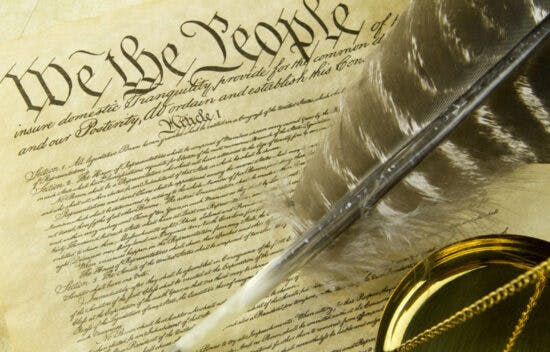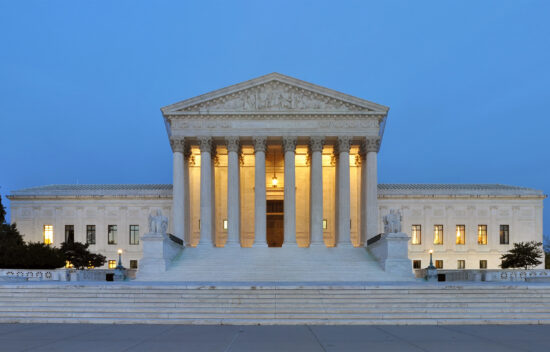 External Post
External PostIs the Right to Protest in the United States Adequately Protected?

The freedom of assembly is one of the basic liberties Americans possess. One of the most common forms of assembly is a protest. While the Constitution clearly protects the right to protest, debates and discussions about the limits of this right recur often. Over the past several years, these debates have resurfaced as Americans have come together to protest for rights, justice, and freedoms they believe have been denied or abridged.
Those who argue that the right to protest in the United States is not adequately protected contend that recently, some states have taken concerning measures to limit the right to protest. They cite examples such as some states limiting the ability of people to economically boycott certain goods or services for political reasons or putting increased restrictions on demonstrators like banning them from blocking the sidewalk. While they agree that society needs to consider other interests like noise control and allowing people to drive and walk unimpeded, this side is more likely to argue that laws placing limits on protests must be analyzed with very strict scrutiny.
Those who argue that the right to protest is adequately protected contend that federal and state governments do not have unreasonable limits on the freedom of assembly. They claim that while protesting is a right, they also emphasize other interests in society that must be considered such as preventing traffic stoppages or limiting the amount of noise in a neighborhood. Therefore, this side is more likely to accept laws that place some limits on protesting as valid and essential for the good of society.
So, what do you think? Is the Right to Protest in the United States Adequately Protected? Students can answer Yes, it is; No, it is not; or a nuanced answer in between! Be sure to submit your response by September 7th to be considered for this week’s competition.
Note: Ideal Think the Vote responses include the following:
- Address the question asked in a thoughtful and meaningful manner
- Use cited facts and constitutional arguments when appropriate to support their answers
- Are expressed in cohesive sentences and are free of distracting spelling, punctuation, and grammatical errors
- They address counterarguments and opposing concerns in a respectful manner
- They organize their answer in a manner that flows logically and reads clearly
JOIN THE DEBATE BELOW FOR A CHANCE TO WIN A $1,000 CASH SCHOLARSHIP!
For this question, BRI will be giving away two $25 gift cards, one to each person providing the best defense of each side of the debate. Both students will also win BRI swag. Each student winner will also be entered for a chance to win a grand prize of a $1,000 cash scholarship. Additionally, the referring teachers for both students will each win a $25 gift card and BRI swag.
This question will run from 8/25/22 to 9/7/22, so be sure to submit your answers in time to be considered for our prizes!




